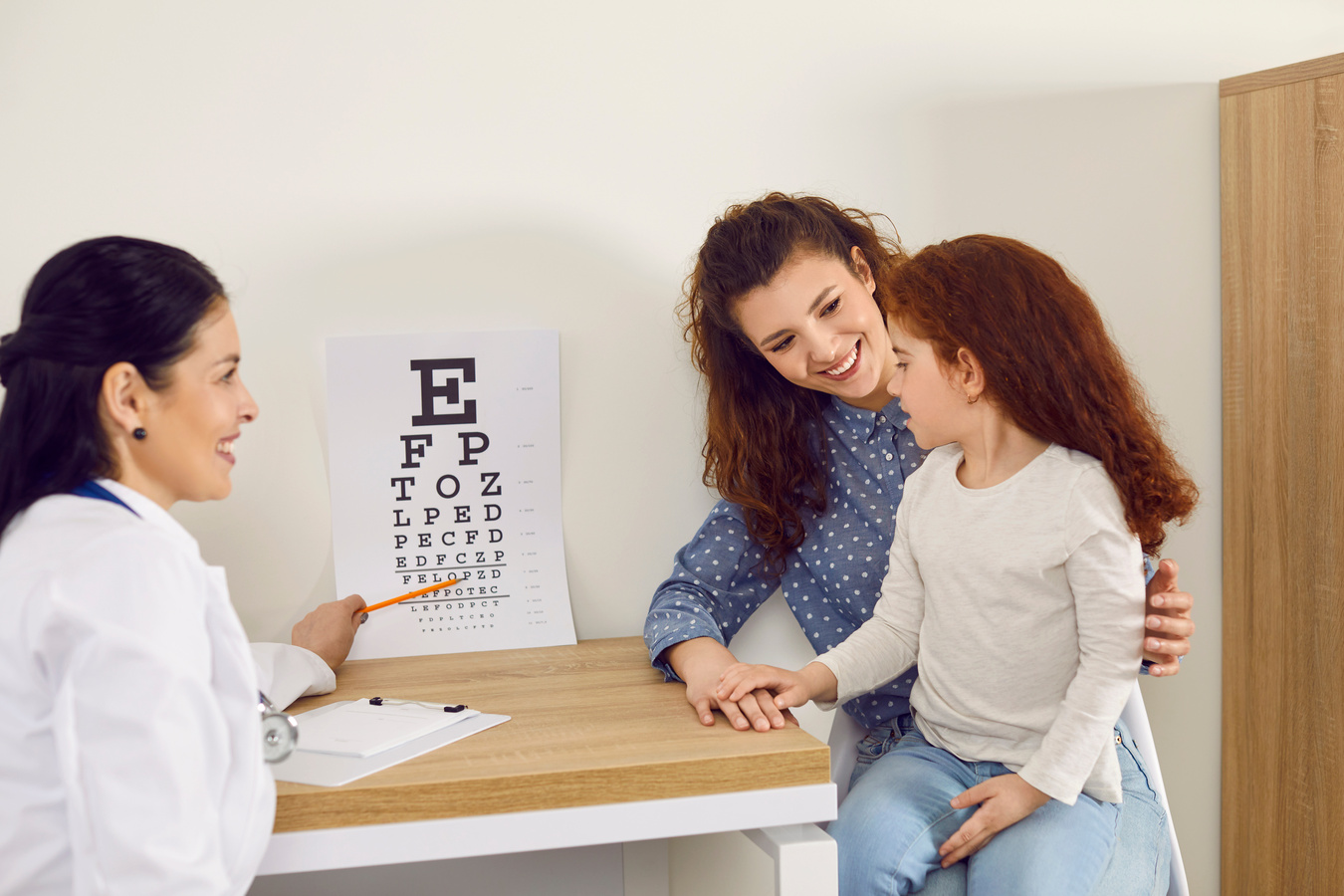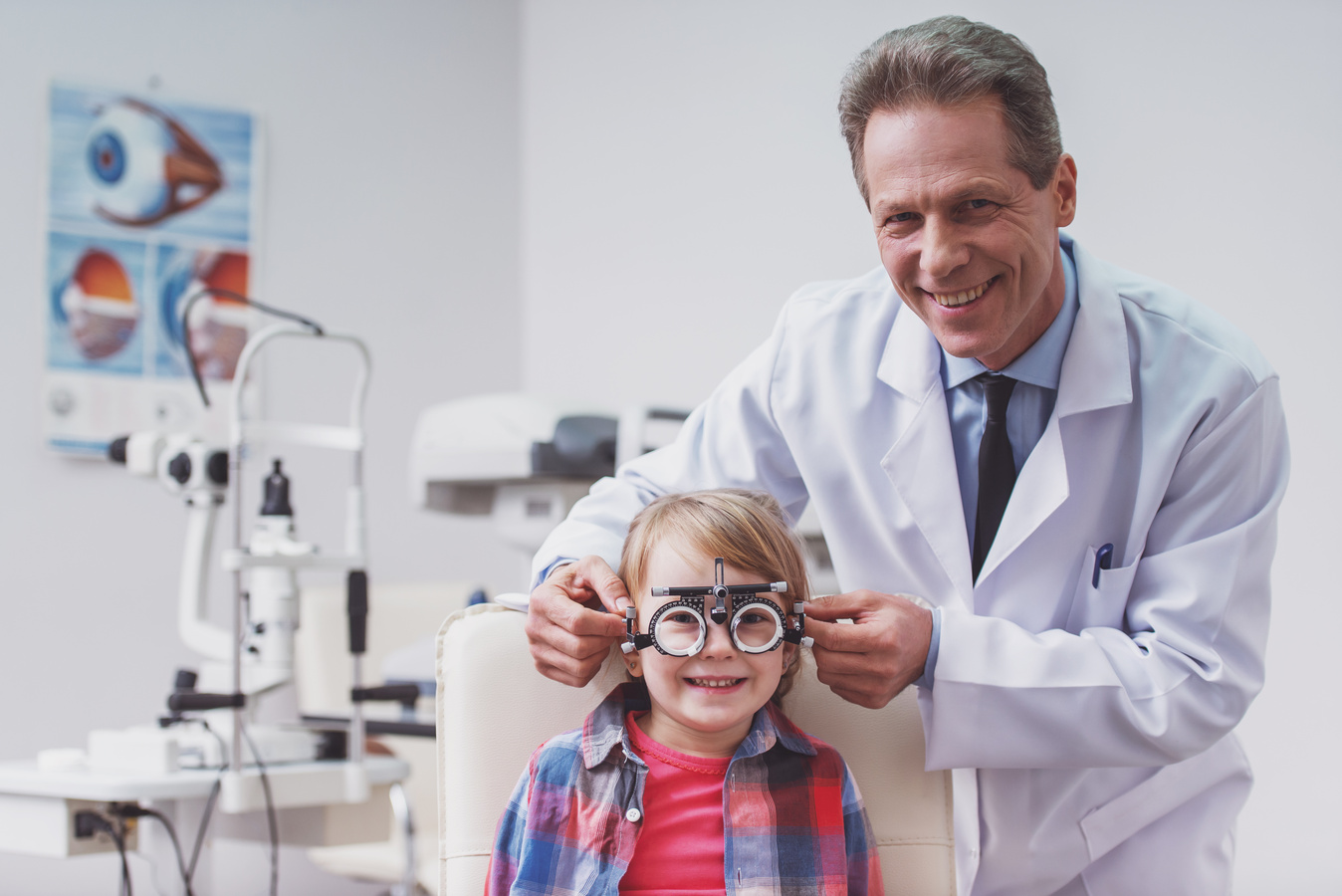
Age-Related Eye Changes: How To Care For Your Vision As You Grow Older
Aging is a natural part of life, and as we journey through the years, our bodies undergo various changes, including those that affect our eyesight. From presbyopia to cataracts and macular degeneration, understanding and addressing age-related eye changes is crucial for maintaining clear vision and overall eye health as we grow older.
The Aging Eye: Common Changes and Challenges:
As we age, our eyes undergo several changes that can impact our vision:
- Presbyopia: This common condition typically emerges in our 40s and affects our ability to focus on close objects. It’s a natural result of the lens in the eye becoming less flexible.
- Cataracts: Cataracts occur when the lens of the eye becomes cloudy, leading to blurred vision. They are common among older individuals and can progressively worsen over time.
- Age-Related Macular Degeneration (AMD): AMD affects the macula, the central part of the retina responsible for detailed central vision. It can lead to blurred or distorted vision, making tasks like reading and recognizing faces challenging.
- Dry Eye Syndrome: Aging can lead to decreased tear production, causing dry, irritated, and uncomfortable eyes.
Caring for Your Vision as You Age:
While age-related eye changes are inevitable, there are several proactive steps you can take to care for your vision and maintain eye health:
- Regular Eye Exams: Schedule regular eye exams with an optometrist or ophthalmologist. Early detection of conditions like cataracts and AMD can lead to better treatment outcomes.
- Nutrition Matters: Consume a diet rich in antioxidants, vitamins, and minerals that support eye health. Foods like leafy greens, fish high in omega-3 fatty acids, and colorful fruits provide essential nutrients.
- Stay Hydrated: Drinking enough water can help alleviate dry eye symptoms. Avoid excessive caffeine and alcohol consumption, as they can contribute to dehydration.
- Protect Your Eyes: Shield your eyes from harmful UV rays by wearing sunglasses with UV protection when outdoors. Safety goggles or protective eyewear are also essential when engaging in activities that could cause eye injuries.
- Quit Smoking: Smoking increases the risk of several eye conditions, including cataracts and AMD. Quitting smoking can significantly improve your eye health.
- Stay Active: Regular physical activity can promote healthy blood circulation, which is beneficial for your eyes and overall well-being.
- Manage Chronic Conditions: Conditions like diabetes and hypertension can impact eye health. Manage these conditions through proper medical care and lifestyle choices.
- Screen Time: If you spend extended periods in front of screens, practice the 20-20-20 rule (taking breaks every 20 minutes to look at something 20 feet away for 20 seconds) to reduce digital eye strain.
- Stay Mindful: Pay attention to changes in your vision and seek medical attention if you notice any sudden or significant changes.
- Stay Positive: Maintaining a positive outlook and managing stress can have a positive impact on your overall health, including your eyes.
Conclusion
While age-related eye changes are a natural part of the aging process, taking proactive steps to care for your vision can make a significant difference in your eye health and quality of life. By staying informed, engaging in healthy habits, and seeking professional guidance from The Eye Health Group, you can ensure that your eyes continue to serve you well as you embrace the wisdom that comes with each passing year.


